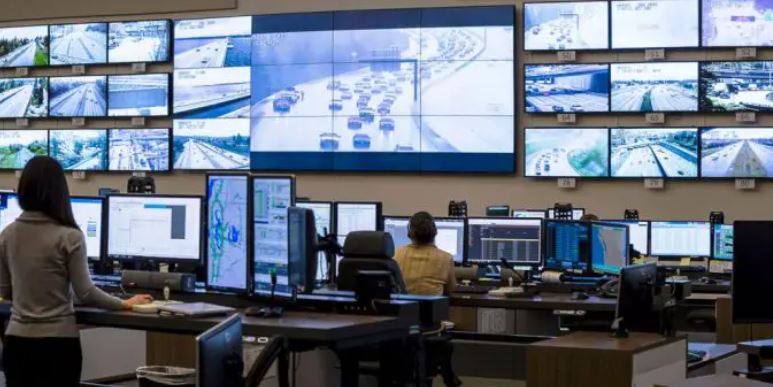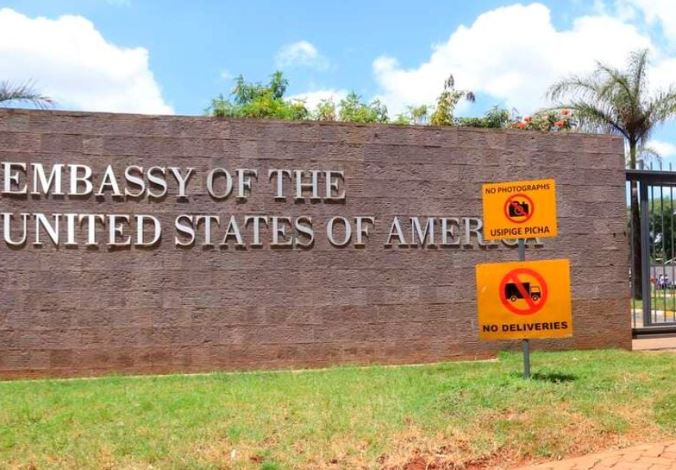
The Kenya Urban Roads Authority (Kura) said in a release on Tuesday that Kenya had secured a Sh8.4 billion loan from the Export-Import Bank of Korea for the establishment of the game-changing project.
“Kura now invites sealed bids from eligible bidders for the implementation of the project, which should be completed within 30 months from the commencement date. In addition, upon completion, the contractor shall send experts to provide support and assistance for a period of 2 years,” KURA said in a notice.
The contract encompasses the establishment of a traffic management center, upgrading of 25 intersections, installation of six vehicle detection systems, deployment of a variable message sign (utilized for relaying important traveler information such as incidents, travel times, diversions, special events, and relevant road conditions), as well as the implementation of a surveillance system comprising 20 closed-circuit television (CCTV) cameras and a robust communications network.
KURA has partnered with the Korean consortium, Cheil Engineering Company Limited, to oversee the bidding and design process. The consortium has been entrusted with the responsibility of managing the implementation of the first phase of the project.
“The consortium will provide assistance in bid evaluation, negotiation, supervision of the detailed engineering design of the project, construction of the traffic management centre (TMC), [and] support in preparing for operation and maintenance,” Kura said in a statement last year.
The Intelligent Transport System utilizes artificial intelligence to efficiently manage traffic. Through the integration of intelligent cameras, variable traffic lights, and a centralized control center(TMC), the system effectively monitors and regulates traffic, relieving the burden on traffic police officers.
The system will capture the movement of vehicles equipped with digital number plates containing embedded microchips. The cameras will transmit the captured information in real-time to the TMC. By utilizing this technology, the system ensures that up-to-date and accurate traffic data is continuously fed into the TMC for effective traffic management and control.
By analyzing real-time traffic flow data, the system also optimizes the duration of traffic flow on the busiest routes, thereby reducing unnecessary waiting times.
Last year, Kura announced the completion of the design phase for the Traffic Management Center (TMC), which will be situated on a 10-acre plot of land in the City Canabas area along Mombasa Road.
The multi-floor TMC will serve as the hub for numerous stakeholders engaged in traffic management within Nairobi. It will accommodate traffic police officers, city engineers, and systems specialists who will work collaboratively to monitor and promptly respond to real-time traffic flow data.
Kura expects that work on the Nairobi Intelligent Transport System, which will see the installation of intelligent traffic management systems in 25 critical junctions in Nairobi will be completed in June 2026.
Among the junctions targeted for upgrade within the project are Moi Avenue/Kenyatta Avenue, Koinange/Kenyatta Avenue, Mbagathi Way/Lang’ata Road, and Limuru Road/Muthaiga Road.








